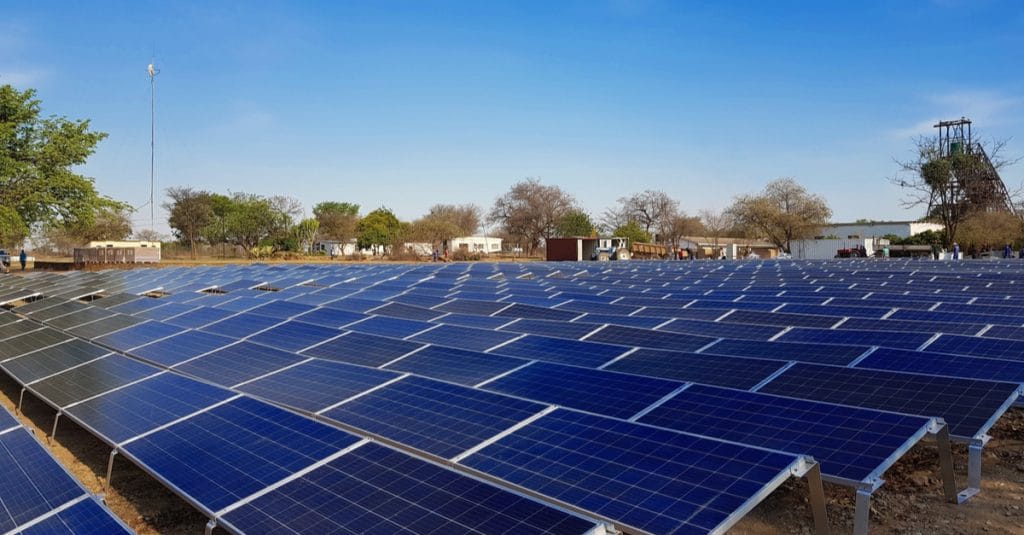The Nigerian federal government and the African Development Bank (AfDB) officially launched the National Electrification Project (NEP) on March 17, 2020 in Abuja, the capital of Nigeria. This state initiative aims at providing access to electricity to households, micro, small and medium enterprises in off-grid communities across the country through renewable energy sources. Mini-grid and off-grid solutions will be installed in 250 communities in four states: Niger, Ogun, Sokoto and Cross River.
Speaking at the launching ceremony of the project, the Vice President of the AfDB in charge of energy spoke of the impact of the NEP. “More than 500,000 people will have access to about 76.5 MW of power, 68 MW of which will be generated by solar energy. Besides, 150 students will receive training on renewable energy solutions and 20,000 micro, small and medium-sized enterprises (MSMEs) will be supplied with appliances and equipment” said the VP of the AfDB, Wale Shonibare.
The National Electrification Programme (NEP) has benefited from a joint financing of US$ 200 million, allocated by the AfDB and the Africa Growing Together Fund (AGTF), a US$ 2 billion fund established in 2014 by the AfDB and the People’s Bank of China (PBOC), whose mission is to finance development projects in Africa. Co-financing from the AfDB and AGTF will serve, among other things, as a guarantee and will help strengthen private sector investment in off-grid projects to provide rural Nigerians with access to reliable, affordable and secure clean energy.
The NEP contributes to the achievement of the universal energy access target by 2030
The NEP will be implemented by the Nigerian Rural Electrification Agency (REA), a state-owned company responsible for the electrification of rural and underserved communities.
The Nigerian Energy Minister, Goddy Jedy Agba, who co-chaired the NEP launch ceremony, thanked the AfDB for investing in the project, which is indeed a remarkable contribution to efforts to achieve the goal of universal access to energy by 2030. The National Electrification Project is also in line with the Federal Government of Nigeria’s Rural Electrification Strategy and Implementation Plan (RESIP) and the Power Sector Revival Programme, which aims to increase private investment in the energy sector.
As the largest economic power in Africa, Nigeria is one of the African countries with a critical deficit in access to electricity. According to the U.S. Agency for International Development (USAID), by 2019, the West African country had a relatively low national electrification rate, estimated at 45 percent.
Boris Ngounou
